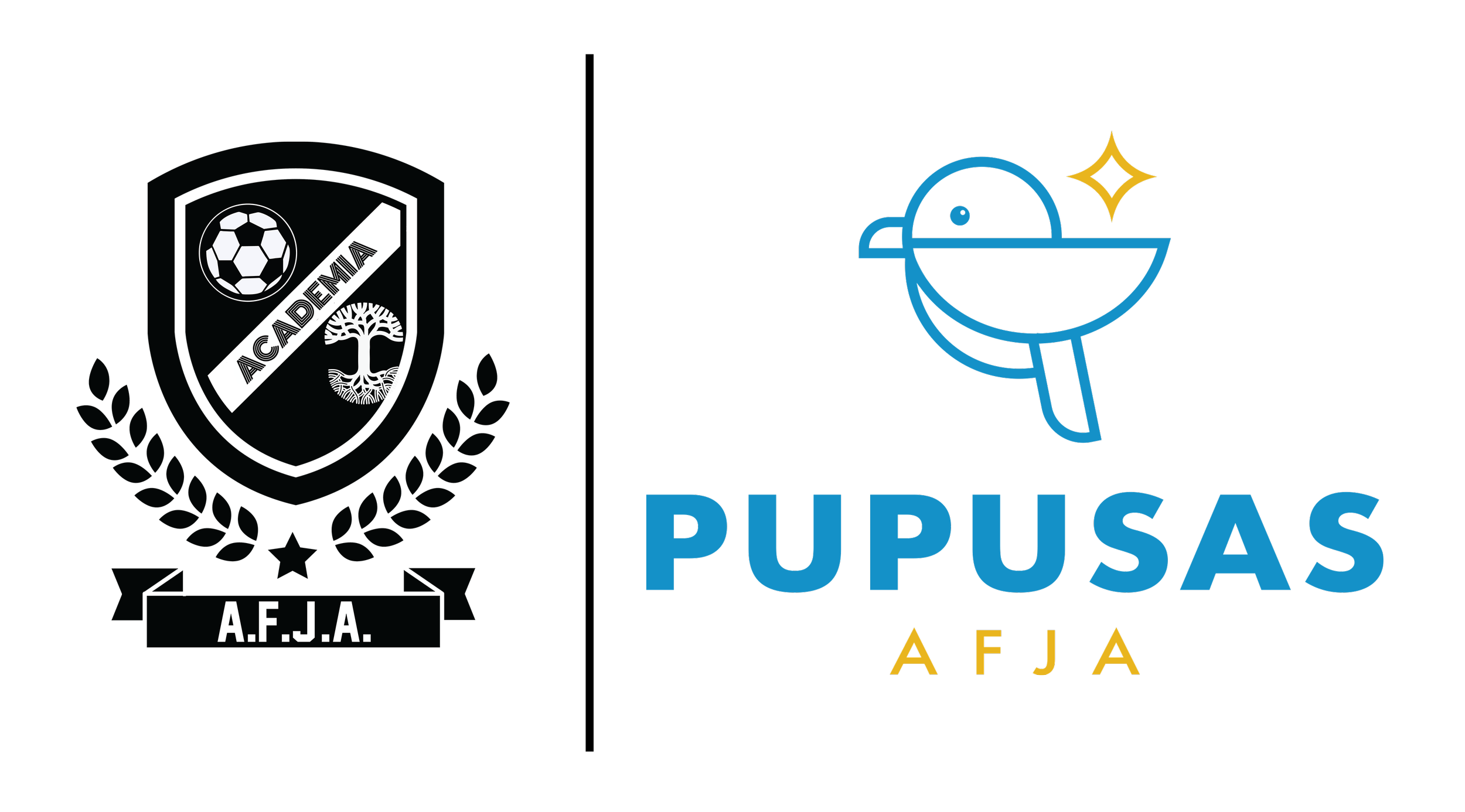Poderosas
At a very young age I was introduced to the art of football and the intensity it carried in my culture. I remember it was the first time I had seen Ronaldinho at the World Cup and the foot work he put out on the field that forever captured my attention and love for the sport. Since then I have never stopped participating in engaging with the sport from playing a game to simply practicing keep-ups. However there was a dark side to the sport I learned the hard way, such as the sexism surrounding the sport when I would hear men speaking about women’s football. According to The Guardian, women’s international football receives a smaller amount of prize money compared to men’s football, and funding overall. It is clear that women’s football is not given the attention it deserves but it is important to acknowledge the impact women’s football has on many people.
AFJA, in this regard, brings together opportunities for girls and women to participate in the emphasis of the game. El Salvador suffers from a machismo, a gender based violence that targets women and the LGBTQ+ communities, and can be seen, heard, and felt throughout the country in many facets and spectrums of the country, therefore programs such as AFJA introduce spaces for women and girls to learn how to resist, but also empower themselves. These spaces and places also encourage changes in the minds of boys and men to learn conflict resolution without violence, and teaches to respect and value the empowerment of women and others. Football has changed my life, therefore I believe it can do the same for others.



